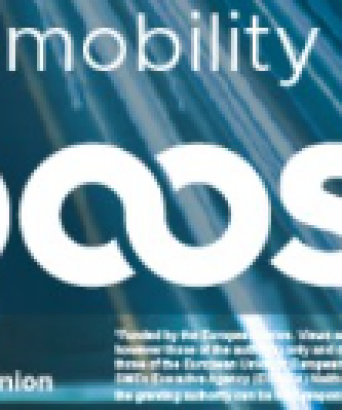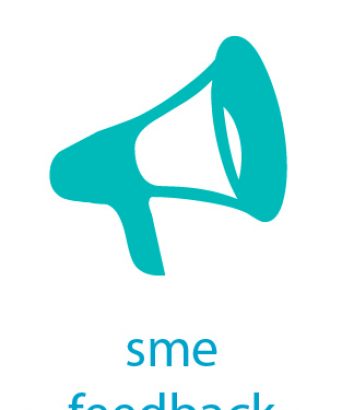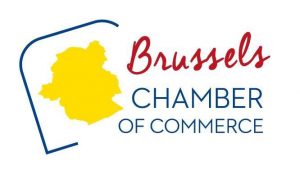After some months of negotiations, yesterday the Council presidency reached a political agreement with the European Parliament on the next MFF (Multiannual Financial Framework).
What does it mean?
This was the necessary step before the ratification by every member state according to its constitutional requirements before entering into force.
The MFF includes, most notably:
- a multiannual financial framework regulation, which lays down how much the EU can spend
- an own resources decision, which defines where EU revenue comes from
The agreement complements the financial package of €1 824.3 billion negotiated by EU leaders in July, which combines the next multiannual financial framework – €1 074.3 billion – and a €750 billion temporary recovery instrument, Next Generation EU (in 2018 prices).
The EU long-term budget 2021-2027 includes:
- a targeted reinforcement of EU programmes, including Horizon Europe, EU4Health and Erasmus+
- more flexibility to allow the EU to respond to unforeseen needs
- greater involvement of the budgetary authority in the oversight of revenue under Next Generation EU
- higher ambition on biodiversity and strengthened monitoring of biodiversity, climate and gender-related spending
- an indicative roadmap towards the introduction of new own resources
Once adopted by the member states, this package will be the largest package ever financed through the EU budget. It will help rebuild a post-COVID-19 Europe, which will be greener, more digital, more resilient and better fit for the current and forthcoming challenges.
The infographic here below from the EU shows the details of the MFF 2021-2027:






